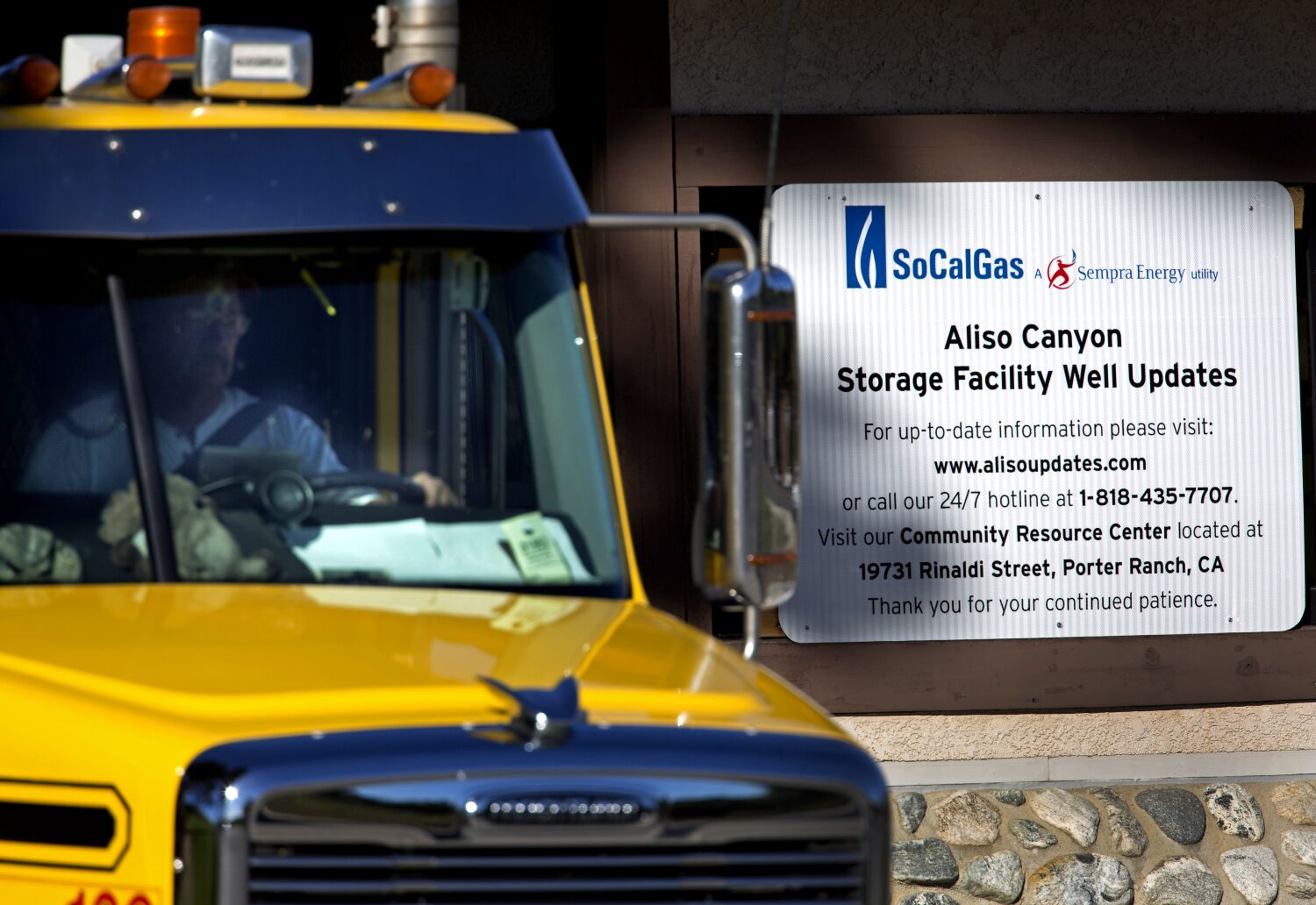 [ad_1]
[ad_1]

In response to a latest spike within the worth of pure fuel, the California Public Utilities Fee voted Thursday to pay annual fuel and electrical credit to customers as quickly as doable.
All 5 commissioners voted in favor, agreeing that it’s solely a primary step in addressing volatility in fuel costs.
Commissioner Darcie L. Houck stated fuel and electrical prospects “can count on between $90 and $120” in reduction. Prospects of publicly owned utilities not regulated by the fee, akin to those that get their electrical energy from the Los Angeles Division of Water and Energy, aren't coated. Southern California Gasoline Co. prospects are eligible.
“We hear you that speedy reduction is required,” stated fee President Alice Busching Reynolds. “Every utility has assets for purchasers to offer extra assist,” she stated, acknowledging that the credit score might not be large enough to completely cowl the latest enhance in fuel payments.
“It's not a long-term resolution to the pattern we’re seeing round risky pure fuel costs,” Reynolds stated, pointing to a different fee assembly scheduled for Tuesday to debate how one can fight rising pure fuel costs in California.
The primary funds of the California Local weather Credit score, that are usually made in April by way of credit to customers’ electrical and fuel payments, might be moved up “as quickly as may be practicably applied,” in keeping with the CPUC. Secondary electrical credit score funds usually happen in October and weren't moved.
Throughout the public remark portion of the assembly, one caller stated she had paid $90 for fuel for a one-bedroom condominium over eight days in January, and accused SoCalGas of being a monopoly that wanted to be reined in.
One other caller stated his SoCalGas invoice for January was $800, double what he paid the month earlier than.
Yet one more SoCalGas buyer known as to specific her “outrage with [the] exorbitant rise” in fuel costs “with no notification.” The utility launched a press release on the finish of December telling customers costs would rise in January.
“We placed on further jackets within the residence,” she stated, “and it’s not sufficient.”
Most utilities that submitted responses to the fee had been in favor of the measure to expedite the credit, however some firms dissented particularly on the electrical credit, citing regular electrical costs for customers and noting that electrical use is more likely to go up in the summertime.
One utility, San Diego Gasoline & Electrical, proposed giving out the electrical credit throughout peak electrical utilization months — August and September.
If electrical costs had been to rise in later months, they argued, the credit would already be paid out and supply little reduction to customers.
The California Assn. of Small and Multi-Jurisdictional Utilities argued that the choice to pay early runs “counter to the fee’s justification for present timing for [climate credit] disbursement, which seeks to keep away from offering [climate credits] throughout peak durations.”
The funds weren't designed to answer greater wholesale pure fuel costs, a CPUC spokesman acknowledged. The credit score was put in place to offset greater vitality prices for customers from a cap-and-trade program via which the California Air Sources Board sells carbon air pollution permits to industrial greenhouse fuel emitters.
[ad_2]
Supply hyperlink https://classifiedsmarketing.com/?p=34346&feed_id=125908


